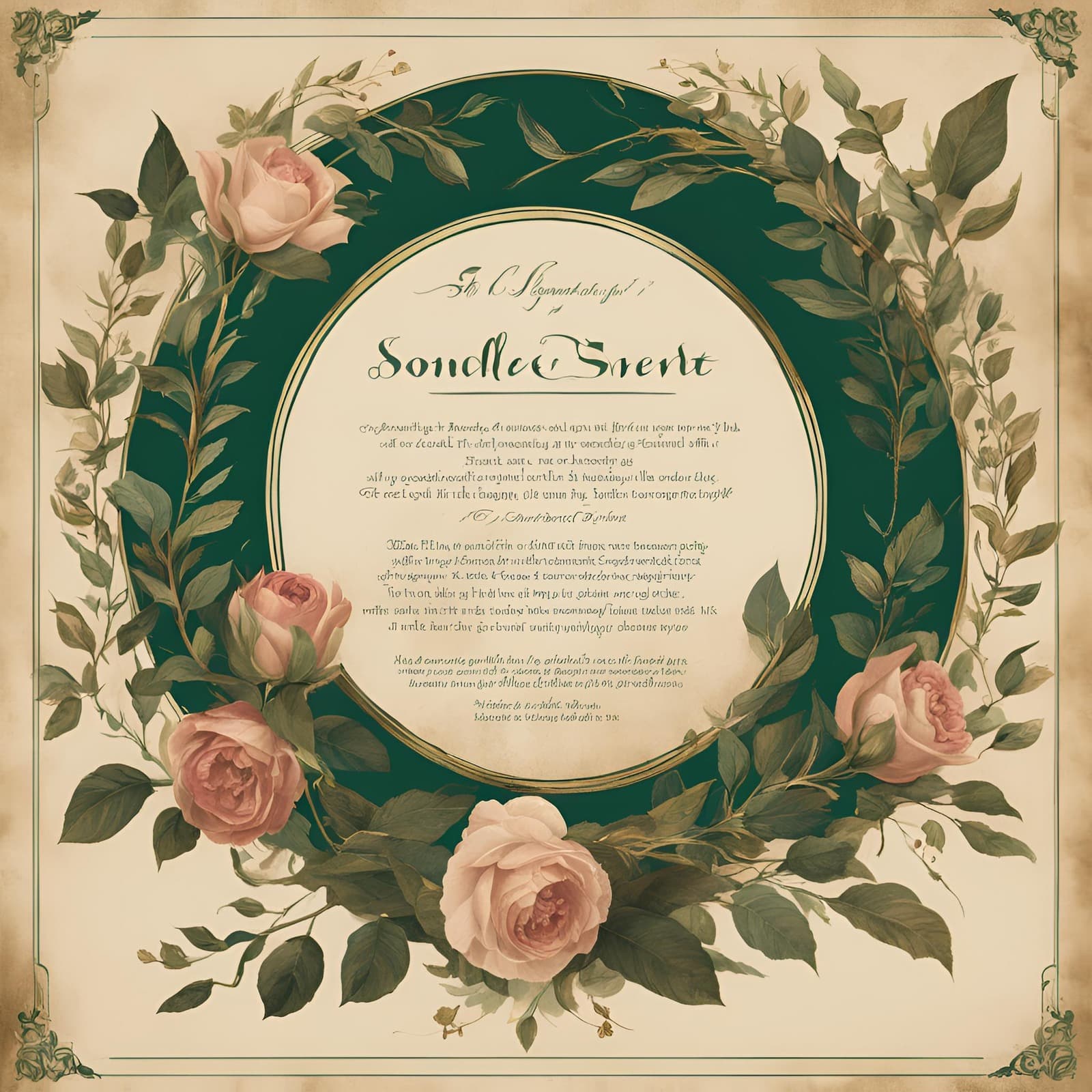莎士比亚十四行诗第50首 | 莎士比亚十四行诗
更新时间:1/19/2025, 12:32:28 PM

原文
How heavy do I journey on the way When what I seek, my weary travel’s end, Doth teach that ease and that repose to say, ‘Thus far the miles are measured from thy friend.’ The beast that bears me, tired with my woe, Plods dully on, to bear that weight in me, As if by some instinct the wretch did know His rider loved not speed, being made from thee. The bloody spur cannot provoke him on, That sometimes anger thrusts into his hide, Which heavily he answers with a groan, More sharp to me than spurring to his side; For that same groan doth put this in my mind: My grief lies onward and my joy behind.
译文
在令人困倦的旅途上,我满怀忧郁,
只因每天,我到了路程的终点,
休憩时,耳边就涌来一阵细语:
“你离开你朋友,又加了几里路远!”
驮我的牲口,也驮着我的苦恼,
驮着我这分沉重,累了,走得慢,
好像这可怜虫凭着本能,竟知道
他主人爱慢,快了要离你更远:
有时候我火了,用靴刺踢他的腹部,
踢到他流血,也没能催他加快,
他只用一声悲哀的叫唤来答复,
这叫唤刺我,比靴刺踢他更厉害;
因为他这声叫唤提醒了我的心:
我的前面是忧愁,后面是欢欣。
注释
诗人发觉他的旅行使他双重疲乏,因为除了旅途劳顿之外,在每 日歇脚的时候,他的安静与休息还使他想到:他离开他的爱友更远了。他所骑的马,好像在同情他,走得很慢。有时候,诗人不耐了,用靴刺踢马,马呼痛的叫声又提醒了诗人的悲哀。——第五行“牲口”即第七行“可怜虫”,指诗人所骑的马。第八行起,到下一首诗,马用“他”来代替。第十四行:因为越向前走,离开他的爱友越远;他的欢欣就是他的爱友。